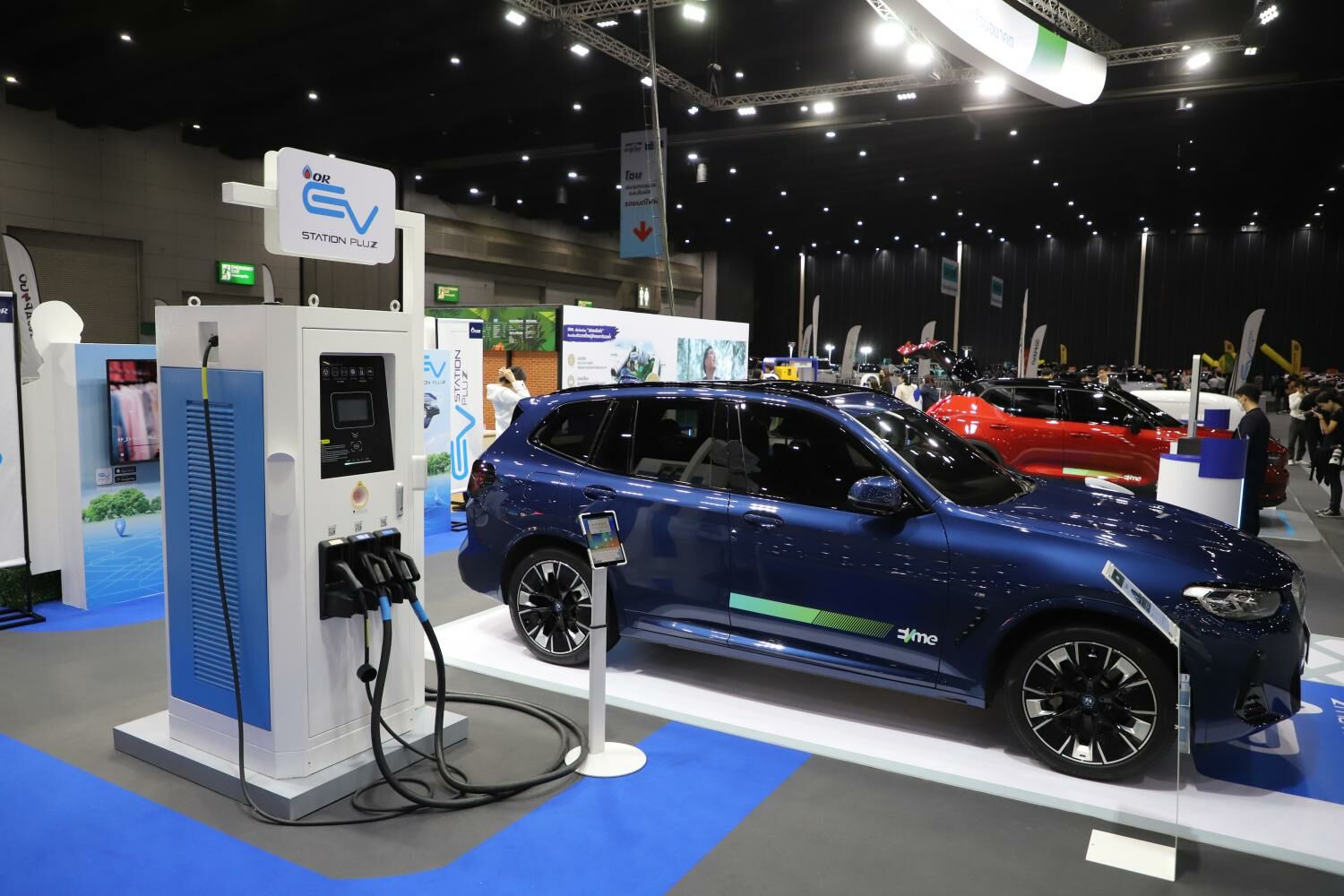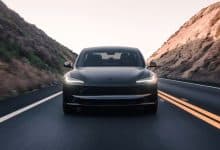Thailand promotes electric trucks and buses with new incentives

The National Electric Vehicle Policy Committee in Thailand has given the green light for incentives aimed at encouraging companies to switch their commercial fleets of large trucks and buses to battery electric vehicles (BEVs). The committee has also approved cash grants for manufacturers of EV battery cells.
The secretary-general of the Board of Investment and secretary of the Electric Vehicle Board, Narit Therdsteerasukdi, stated that these two incentives are expected to bolster the electric vehicle ecosystem and strengthen Thailand’s reputation as a hub for electric vehicle manufacturing.
“The newly endorsed incentives will complement the previously implemented EV3 and EV3.5 initiatives for the passenger car sector, with an emphasis this time on large commercial vehicles. We believe this will significantly increase the adoption of electric trucks and buses, reduce pollution from the transport and manufacturing sectors, and support business efforts to reach their net-zero targets.”
Thailand is recognised as the leading automotive producer in Southeast Asia and is among the top 10 globally for both auto production and total auto exports.
As for electric vehicles, Narit pointed out that Thailand is the first country in Southeast Asia to offer special incentives that cater to both the supply and demand side, and has also set a clear target within the ’30@30′ policy for a minimum of 30% of the cars produced in Thailand to be electric vehicles by 2030, reported Bangkok Post.
The incentives for the use of electric buses and trucks include a tax deduction offered to qualifying companies, valid until December 31, 2025. For domestically manufactured vehicles, companies can deduct expenses of twice the actual price of the vehicles, without any price ceiling. For imported vehicles, the deduction stands at 1.5 times the vehicle price.
Local production
The types of large EVs that are eligible for these incentives range from electric trucks for commercial use such as container trucks, liquid trucks, hazardous substance trucks, special trucks, and tow trucks, to electric buses, including both air-conditioned and open-air versions.
Moreover, the committee has given a thumbs up to a plan to boost local production of battery cells for EVs and energy storage systems, offering financial support via the Competitiveness Enhancement Fund. Other potential benefits are on offer under the Competitiveness Enhancement Act for companies that meet the stipulated criteria, said Narit.
“The measures to promote investment in the production of battery cells, a key element of the supply chain, will help ensure the sustainability and resilience of our EV ecosystem.”
Before these measures can be implemented, they require final consideration and approval by the Cabinet.
Latest Thailand News
Follow The Thaiger on Google News:


























